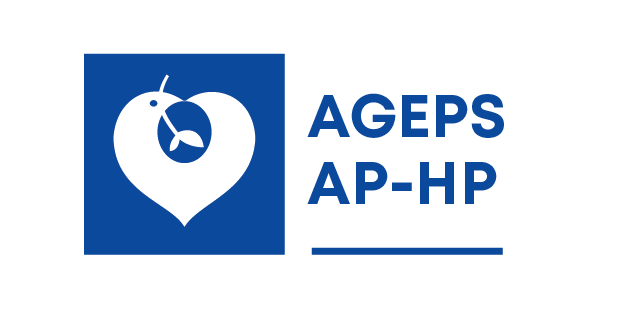Julie Steelandt (1), François Bocquet (1) (2) (3), Isabelle Fusier (1), Anne Laure Cordonnier (1), Pascal Paubel (1) (2) (3)
(1) General Agency of Equipment and Health Products (AGEPS), Assistance Publique-Hôpitaux de Paris (AP-HP), Paris, France
(2) Faculty of Pharmacy, Paris Descartes University, Sorbonne Paris Cité, Paris, France
(3) Health Law Institute, Inserm, UMR S 1145, Paris Descartes University, Sorbonne Paris Cité, Paris, France
Objectives
Defibrotide had market authorization (MA) in treatment of severe veno-occlusive disease (VOD) and negative opinion for VOD prevention (October 2013). Before, in France, defibrotide get in 2009 a compassionate use (temporary use authorization) in VOD treatment and prevention with a specific financing. Since the MA, the high cost of defibrotide remains a major problem for hospital budgets. Assessment of economic impact of defibrotide treatment and perspectives to frame indications to reduce costs were purposed for the 37 hospitals of the Public Assistance–Hospitals of Paris
Méthods
Data collected were: i) consumptions/expenditures in défibrotide from 2011 to 2014 and extrapolated values in 2015; ii) 2014 medical information from PMSI hospital database (French medical information system program); iii) Diagnostic Related Group (DRG) tariff and part of drugs cost; iv) experts in hematology opinions
Résults
Since 2011, consumptions increased to reach 15,750 vials for 5.2M€ in 2014. In contrast, extrapolated values in 2015 have showed decreasing amounts which could be explained by a self-regulation of prescribers in front of the economic impact and practices changes. In 2014, eighty patients received defibrotide (mean: 19 years), main diagnosis was acute myeloblastic leukaemia. 90% of these patients who received defibrotide were attributed to the DRG corresponding to hematopoietic stem cell transplantation levels 3 or 4 (tariff DRG cost: 51,725.20-71,948.73€). Portion of attributed to drugs (3,544-4,084€) cover a small part of treatment cost (97,524€ for an adult). Experts recommended harmonization of indications, improvement of pre-transplant cares (reduction of the liver damage and conditioning regimen intensity), optimization of vials numbers per patient (centralized preparations, limitation of treatment duration).
Conclusion
Aware of economic impact, experts have initiated a change of practice and they recommend a restrictive use of defibrotide specially limitation the off-label use in preventive (only patients with very high risk of VOD)..

